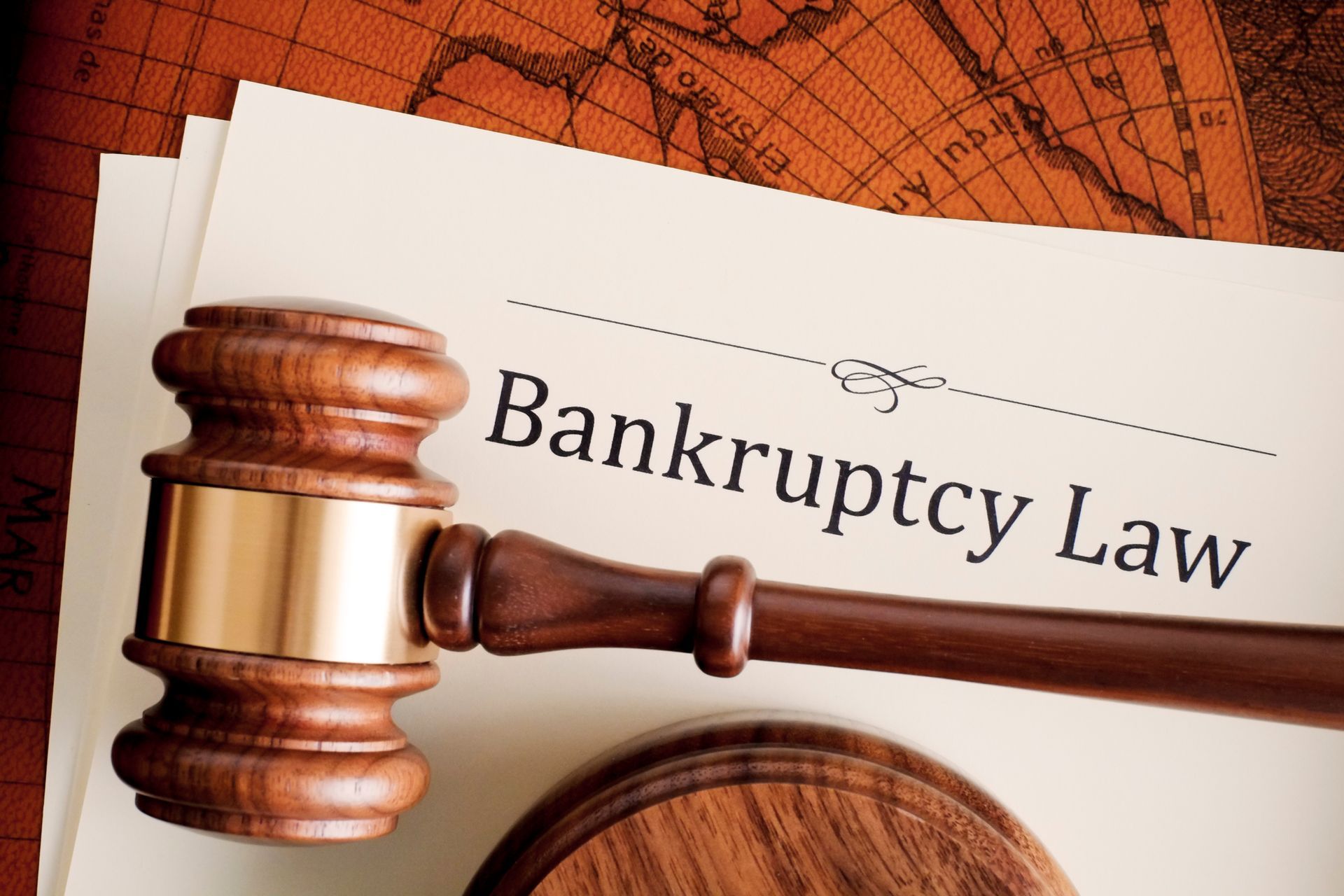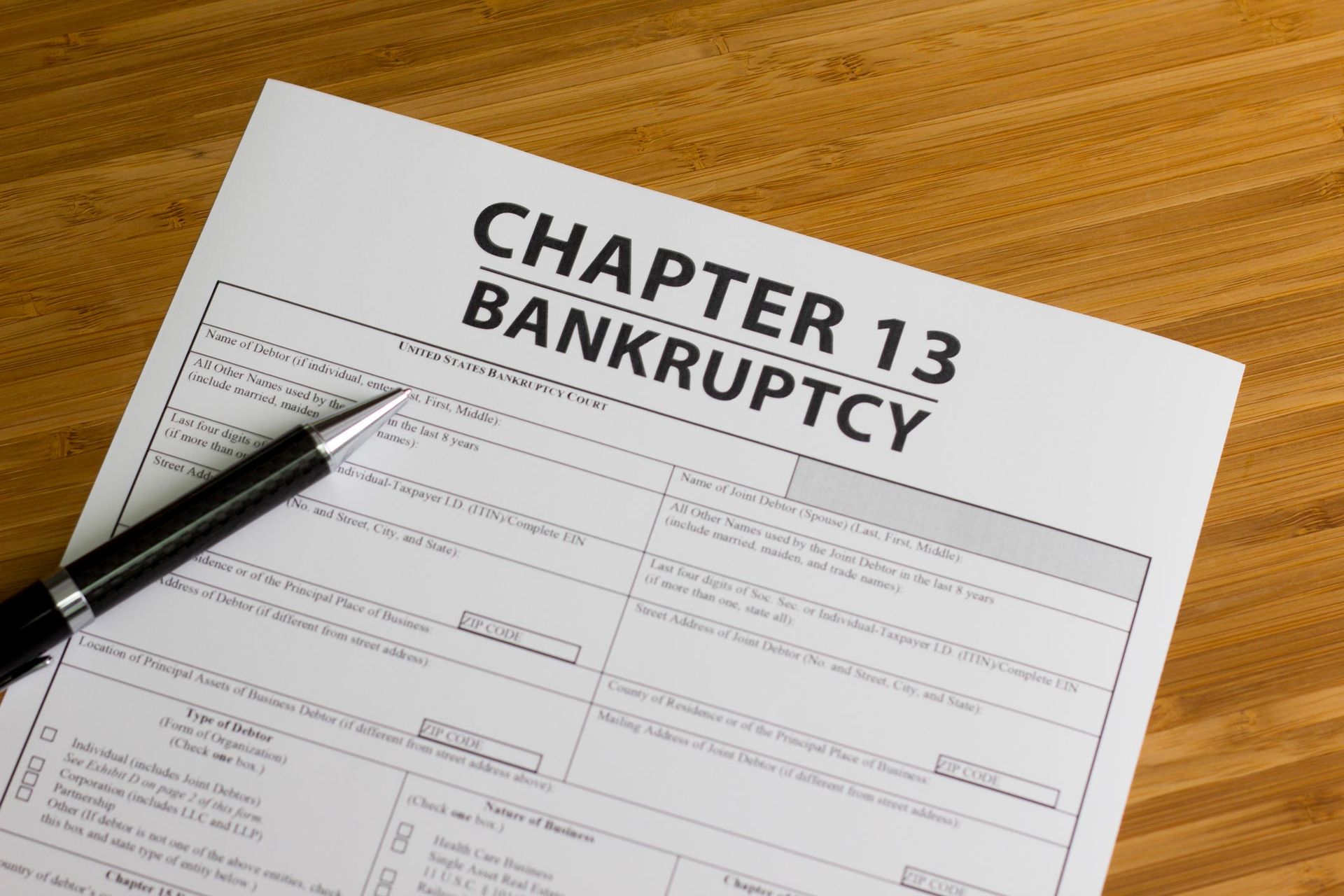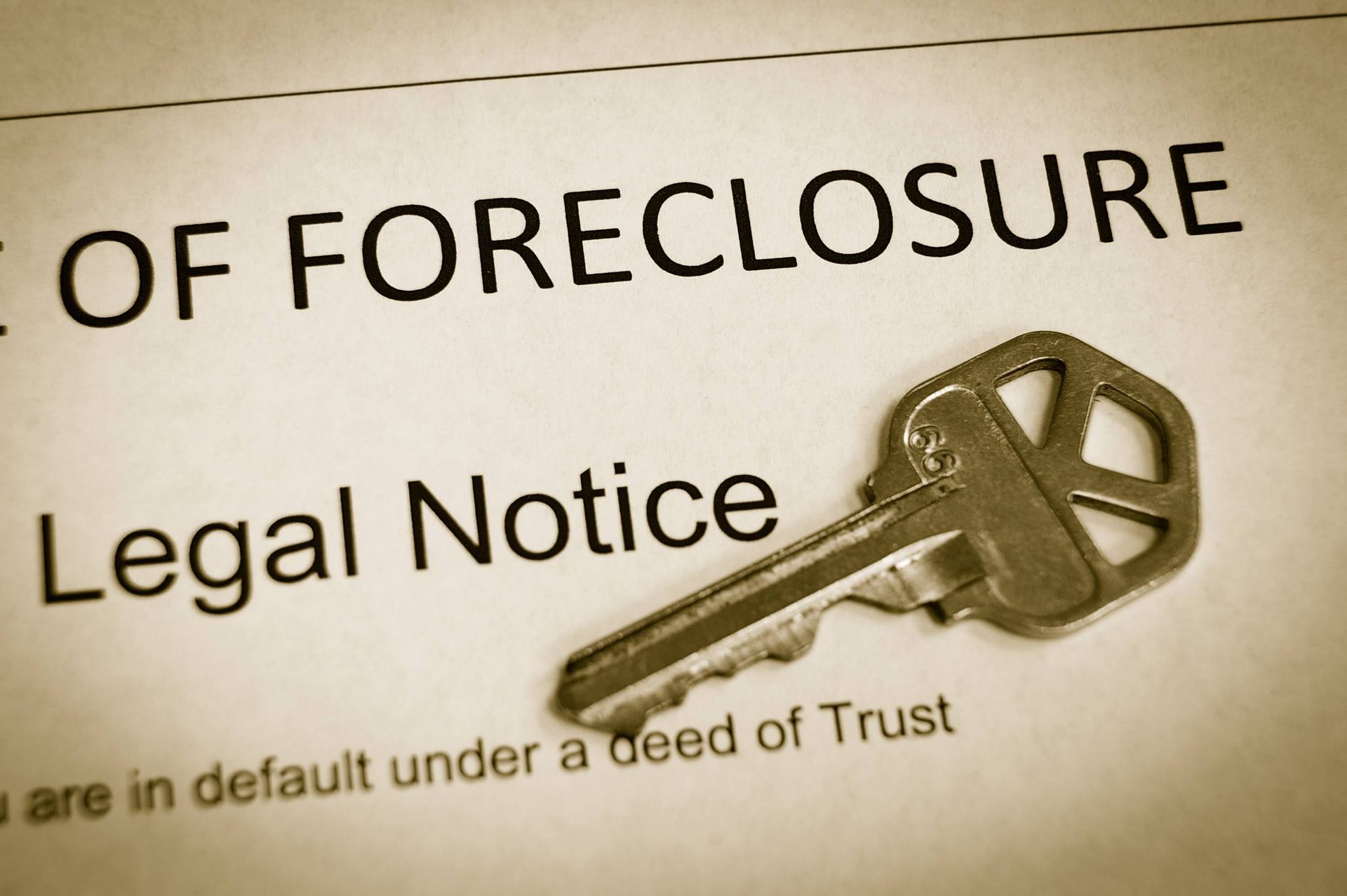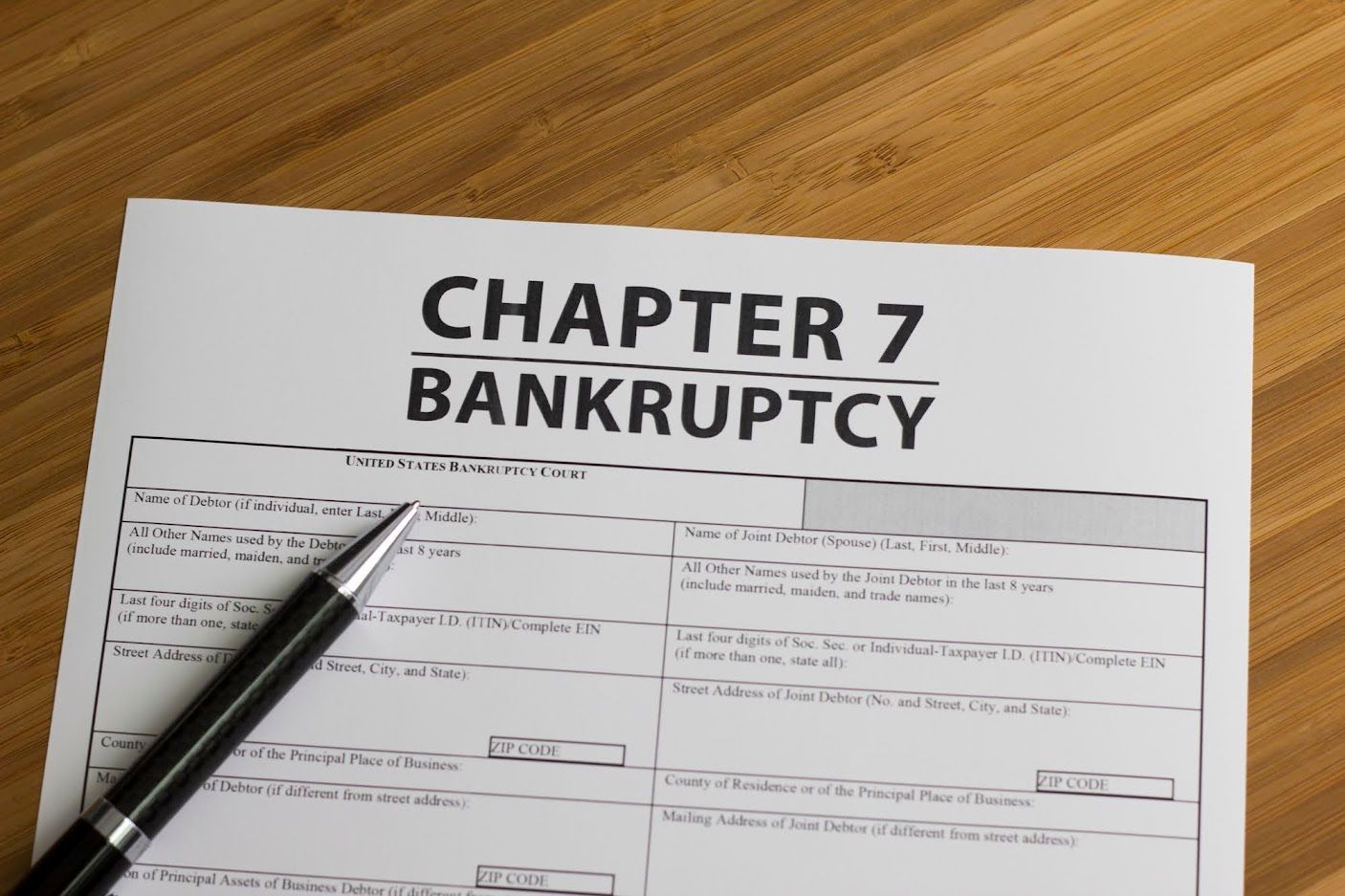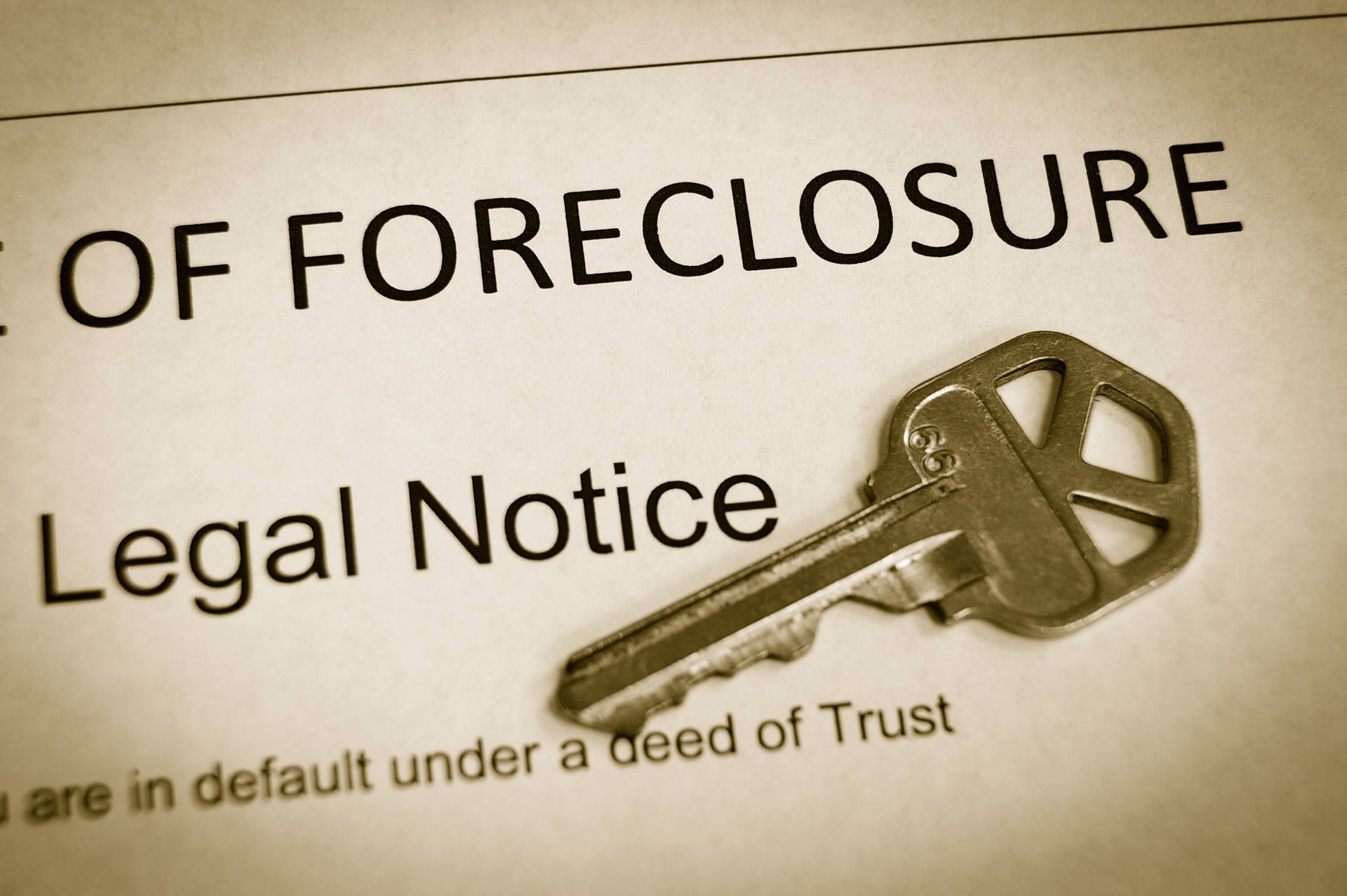
Same Day Telephone, Zoom or In-Person Meetings Available
Palm Beach County: (561) 689-6789
St. Lucie County: (772) 344-9090
Blog Layout
Understanding the Role of an Attorney for Wage Garnishment
January 23, 2024

Wage garnishment is an unfortunate reality for many people. It is a legal process in which a portion of your earnings is withheld by your employer to pay a debt. This can happen for various reasons, such as overdue taxes, child support payments, or outstanding student loans.
The garnishment process can be challenging to navigate, especially if you are not familiar with the legal system. An attorney specialized in wage garnishment can help you understand your rights and negotiate with your creditors to minimize the impact on your finances. This blog post will provide some insight into the role of an attorney for wage garnishment.
Wage garnishment laws vary from state to state, and it can be challenging to navigate them without proper legal guidance. An attorney specializing in wage garnishment can help you understand your rights under the law. They can advise you on the maximum amount that can be garnished from your paycheck and can guide you through the process of filing for exemptions if you qualify for any.
Seeking an experienced attorney's guidance can provide valuable insights into the grounds for challenging a wage garnishment order or exploring potential settlement options with your creditors. With their expertise, you can navigate the legal complexities involved in these situations and make informed decisions to protect your financial well-being.
An attorney for wage garnishment can act as an intermediary, negotiating with your creditors to minimize the amount garnished from your paycheck. They can help you develop a repayment plan that suits your financial situation and avoid the need for legal action.
In many cases, when faced with financial difficulties, creditors are often open to negotiating flexible repayment terms. This can include options such as reducing the interest rates on the outstanding balance or extending the payment periods to provide borrowers with more manageable and affordable solutions. By engaging in these negotiations, individuals can work towards overcoming their financial challenges while maintaining a positive relationship with their creditors.
If you are facing wage garnishment due to overdue taxes or unpaid child support payments, you may need legal representation to navigate the legal system.
An attorney specialized in wage garnishment can represent you in court, file legal motions, and negotiate with government agencies and private creditors on your behalf. They can help you understand the consequences of a court judgment, such as liens on your property or bank accounts, and help you develop a strategy for resolving your debt while protecting your assets.
An attorney specialized in wage garnishment can also provide education and support throughout the garnishment process. They can help you understand the potential consequences of a judgment, such as decreased credit scores or difficulty securing loans in the future. They can also provide financial counseling to help you manage your debts and develop an effective budget. An attorney can be an invaluable resource for those struggling with the burden of wage garnishment.
If you are facing wage garnishment, it can be stressful and overwhelming. However, there are options available to help you navigate the legal system and protect your financial future.
Hiring an attorney specialized in wage garnishment can provide you with the legal representation, guidance, and support you need to minimize the impact on your finances. An attorney can help you negotiate with your creditors, file for exemptions, challenge a wage garnishment order, and develop a repayment plan that suits your financial situation. They can also educate you on the potential consequences of a court judgment and help you develop effective budgeting strategies.
If you are facing wage garnishment, don't hesitate to contact our experienced attorney who can help you achieve financial stability.
The garnishment process can be challenging to navigate, especially if you are not familiar with the legal system. An attorney specialized in wage garnishment can help you understand your rights and negotiate with your creditors to minimize the impact on your finances. This blog post will provide some insight into the role of an attorney for wage garnishment.
Understanding Wage Garnishment Laws
Wage garnishment laws vary from state to state, and it can be challenging to navigate them without proper legal guidance. An attorney specializing in wage garnishment can help you understand your rights under the law. They can advise you on the maximum amount that can be garnished from your paycheck and can guide you through the process of filing for exemptions if you qualify for any.
Seeking an experienced attorney's guidance can provide valuable insights into the grounds for challenging a wage garnishment order or exploring potential settlement options with your creditors. With their expertise, you can navigate the legal complexities involved in these situations and make informed decisions to protect your financial well-being.
Negotiating With Creditors
An attorney for wage garnishment can act as an intermediary, negotiating with your creditors to minimize the amount garnished from your paycheck. They can help you develop a repayment plan that suits your financial situation and avoid the need for legal action.
In many cases, when faced with financial difficulties, creditors are often open to negotiating flexible repayment terms. This can include options such as reducing the interest rates on the outstanding balance or extending the payment periods to provide borrowers with more manageable and affordable solutions. By engaging in these negotiations, individuals can work towards overcoming their financial challenges while maintaining a positive relationship with their creditors.
Providing Legal Representation
If you are facing wage garnishment due to overdue taxes or unpaid child support payments, you may need legal representation to navigate the legal system.
An attorney specialized in wage garnishment can represent you in court, file legal motions, and negotiate with government agencies and private creditors on your behalf. They can help you understand the consequences of a court judgment, such as liens on your property or bank accounts, and help you develop a strategy for resolving your debt while protecting your assets.
Offering Education and Support
An attorney specialized in wage garnishment can also provide education and support throughout the garnishment process. They can help you understand the potential consequences of a judgment, such as decreased credit scores or difficulty securing loans in the future. They can also provide financial counseling to help you manage your debts and develop an effective budget. An attorney can be an invaluable resource for those struggling with the burden of wage garnishment.
If you are facing wage garnishment, it can be stressful and overwhelming. However, there are options available to help you navigate the legal system and protect your financial future.
Hiring an attorney specialized in wage garnishment can provide you with the legal representation, guidance, and support you need to minimize the impact on your finances. An attorney can help you negotiate with your creditors, file for exemptions, challenge a wage garnishment order, and develop a repayment plan that suits your financial situation. They can also educate you on the potential consequences of a court judgment and help you develop effective budgeting strategies.
If you are facing wage garnishment, don't hesitate to contact our experienced attorney who can help you achieve financial stability.
Quick Links
Contact Information
Address:
Palm Beach County: 2001 Palm Beach Lakes Blvd Suite 500 West Palm Beach, FL 33409

Content, including images, displayed on this website is protected by copyright laws. Downloading, republication, retransmission or reproduction of content on this website is strictly prohibited. Terms of Use
| Privacy Policy

